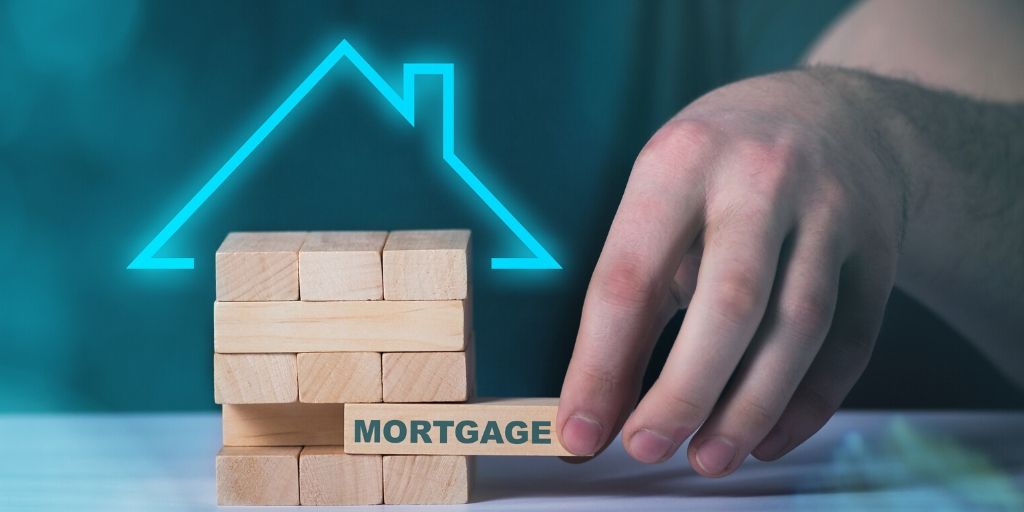How to Find the Right Type of Home Loan for You
This post was last updated on January 23rd, 2021

Purchasing a home is a huge decision—it’s probably the biggest purchase you’ll make in a lifetime. As with any big-ticket purchase, carefully considering every aspect of the transaction is critical, including which type of loan you choose for financing.
If the signs suggest you’re ready for homeownership, then your next step is to research the different mortgages available to you. Many first-time buyers are unaware that mortgages are not all the same; qualifications, interest rates, and repayments terms are just a few variables you’ll need to consider.
Today, we’re giving you tips on how to compare mortgages so that you can find the right fit for your financial needs.
Contents
ToggleIs a conventional mortgage or government loan better?
One of the easiest ways to narrow down your options is to determine whether you qualify for government loan. These government-backed loans are insured by the Federal Housing Administration (FHA), which offers buyers and lenders distinct benefits:
- Government loans can be easier to obtain because they require smaller down payments, helping more people become homeowners.
- If a borrower defaults on a loan, FHA insurance covers the lender’s loss, encouraging them to qualify applicants with poor credit that might otherwise be denied.
There are a few drawbacks, though:
- Borrowers must meet certain eligibility requirements.
- The approval process tends to be slower due to the bureaucratic red tape.
- Borrowers are required to pay Mortgage Insurance Premiums (MIPs) throughout the lifespan of the loan.
- In most cases, government loans can only be obtained for the purchase of a primary residence.
Qualifying criteria depends on which government loan you apply for:
- Homes purchased with an FHA loan must meet minimum property standards.
- Per VA requirements, loans issued through the Dept. of Veterans Affairs are only available to service members and their spouses.
-
USDA loans are offered to low-income borrowers in rural areas. In southeastern region of the United States, you can verify for loan eligibility by browsing this usda loan map georgia.
If you meet these requirements, it’s probably in your interest to apply for a government loan and enjoy higher debt-to-income lending limits, with lower income and credit requirements. However, in some cases, a conventional loan may be better than an FHA loan.

What are the benefits of a conventional mortgage?
If you don’t qualify for a government loan, don’t be discouraged. There are several features of a conventional mortgage that make these attractive packages:
- To compete with FHA loans, conventional mortgage lenders may offer competitively low interest rates.
- Conventional mortgages may offer higher borrowing limits, which can enable you to finance more expensive properties.
- They may be more difficult to qualify for, but approvals are significantly faster and can help you close quickly on a home.
- Borrowers may be able to avoid paying an MIP if they place a down payment of at least 20%.
- Loan repayment terms may be more flexible, with greater opportunities to refinance down the road.
There are a few disadvantages of a conventional loan worth mentioning:
- The initial interest may be very low on an adjustable rate mortgage (ARM), but they’re prone to fluctuation and sudden spikes over the lifespan of the loan.
- Borrowers are required to place a substantial down payment, which may decrease purchasing power.
- If a borrower forecloses on a loan, they will lose the home and the property will belong to the bank or lender.
- In order to qualify, borrowers must have a strong credit score, substantial income, and limited outstanding debt.
Similar to the variations in government loans, there are multiple conventional mortgage options:
- Conforming mortgages “conform” to a widely accepted set of lending standards, such as borrowing limits and minimum credit requirements.
- Non-conforming loans, as the name suggests, do not conform to these guidelines and may offer expanded credit qualification. This places lenders at greater risk of default, which is usually offset by higher interest rates.
- Jumbo mortgages service loans higher than the maximum conforming loan limit established by the Federal Housing Finance Agency (which is set to $510,400 in 2020).
How do I know which mortgage is best for me?
The answer ultimately depends on your financial circumstances. If you can place a large down payment, you’ll save thousands of dollars in insurance premiums over the course of the loan. If your credit score is on the weaker side, than applying for an FHA loan is probably your best bet.
So long as you carefully weigh all your options before signing a mortgage, you’ll set yourself up for the best shot at long-term financial success.
Recommended For You
4 Reasons Why You Should Invest in Mutual Funds
Most Inside
Most Inside offers high-quality recommendations and valuable updates to enhance all aspects of your life, providing premium guidance and enriching experiences.




